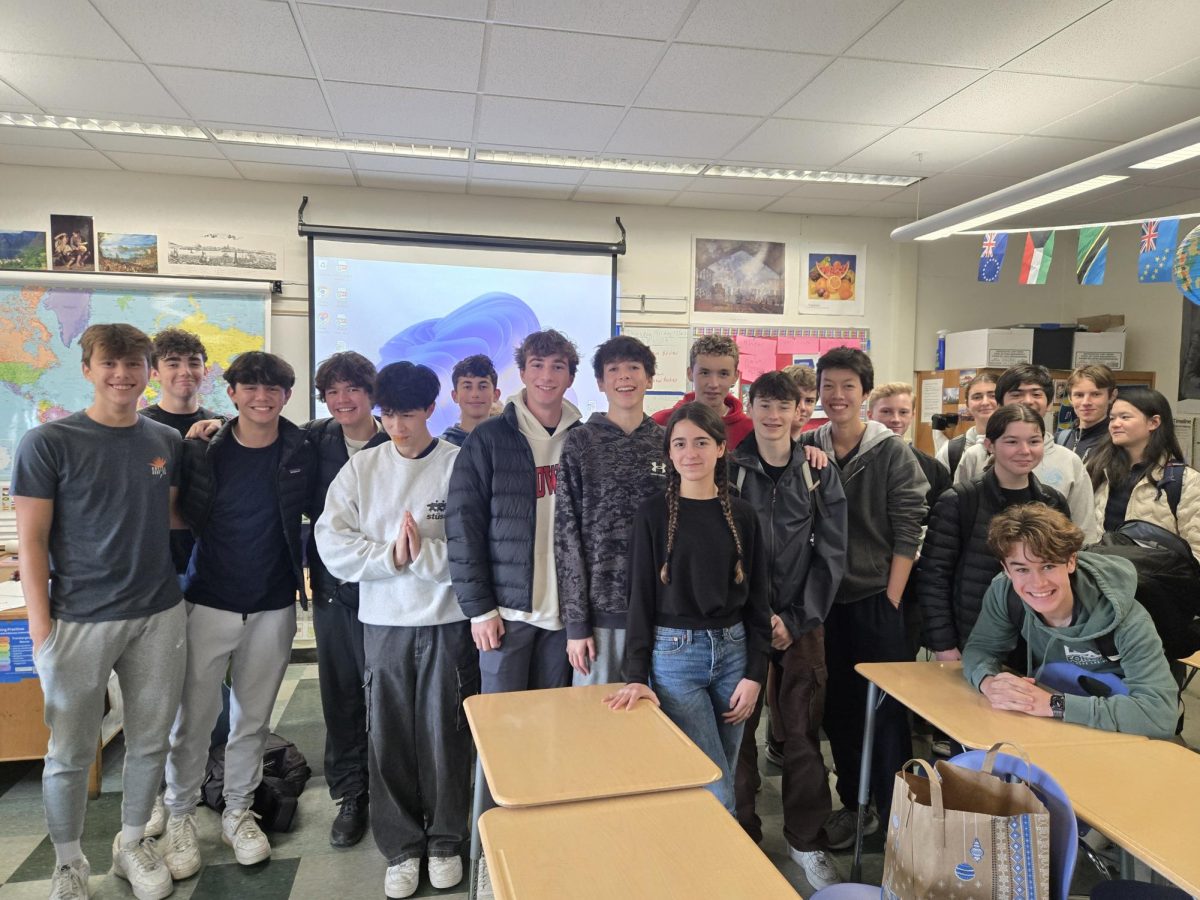California has yet to join China, India, Japan, and all of Europe in requiring companies to label foods that have been genetically modified, but pending voters’ approval in three weeks, it just might.
Proposition 37, also known as the “California Right to Know Genetically Engineered Food Act,” has quickly become a controversial ballot item and will be implemented in California if the bill is passed during the general election next month. Twenty other states are also currently considering adopting similar requirements after the election.
In addition to requiring genetically engineered (GE) foods to be labeled, Prop 37 would prohibit any GE or processed foods from being marketed as “natural,” with some exceptions.
According to a nonpartisan report by the Legal Analyst Organization of California, estimates suggest that 40-70 percent of foods sold in California grocery stores include genetically modified ingredients.
The ballot estimates that enforcing these regulations could cost anywhere from a few hundred thousand dollars to over $1 million, but these costs would be paid by the state of California rather than food producers or consumers.
An economic assessment performed by Joanna Shepherd-Bailey of Emory University School of Law concluded that the passage of Prop 37 would only result in negligible one-time administrative costs on behalf of producers and virtually no changes in the price of food for consumers.

According to Shepherd-Bailey’s assessment, the Federal Drug Administration estimates an administrative cost of $1,104.43 per product for redesigning labels to include disclosures of genetic engineering and remove any references to the product being “natural” within 18 months, the compliance period of Prop 37. The length of the compliance period would likely allow producers to incorporate the required “contains genetically modified ingredients” into their already scheduled label changes.
However, according to “No on 37” representative Shery Yang, Prop 37 could potentially impose costs in the form of “shakedown lawsuits,” or lawsuits filed without any proof of harm with the goal of racking up large litigation costs. Yang said shakedown lawsuits would affect small-scale farmers more than the bigger corporations spearheading the fight against Prop 37.
“The ‘Yes’ side is saying that they’re targeting Monsanto and these big corporations, but it’ll be these small farmers who will be affected the most because they don’t have the money to cough up $10-20,000 to fight every case that comes around their way, while these larger corporations will easily be able to fight it off,” she said.
However, “California Right to Know” spokesperson Leslie Fulbright said that the so-called “shakedown lawsuits” are a myth.
“It’s not true,” Fulbright said. “The only way that someone could be penalized is if they don’t label. If they follow the law, there’s no reason to be penalized…. The small farmers likely wouldn’t even have to do it because they’re not producing these kinds of foods.”
Prop 37 exempts growers whose products are certified organic, including nearly all of the small farmers and produce vendors at Marin farmers’ markets, from the potential regulations. Foods that are “unintentionally produced with genetically engineered material” are also exempt.
According to Fulbright, processed foods and products such as sodas and cereal, which contain sweeteners like high fructose corn syrup and sugar beets, make up the bulk of the products that would require re-labeling.
“It’s the ones who are funding the ‘No’ campaign that would have to label, like Kraft and Coca-Cola,” Fulbright said. “It’s not little farmers that are going to be penalized or that are even going to have to label, unless they use the [genetically engineered] seeds.”
Both the opposing and supporting sides are supported by a coalition of large companies and small-scale farmers located all throughout California, but because “No on 37” defends the interests of large-scale processed food corporations who rely more heavily on genetically-modified products, the opposing side has garnered significantly more funding from giant corporations such as Monsanto and DuPont.
But according to “No on 37” spokesperson Shery Yang, the public perception of the ‘No’ campaign is flawed.
“A lot of people see our campaign and see Monsanto, but it’s not that at all,” Yang said. “We have small California businesses that support us, a lot of ‘mom and pop’ stores, a lot of local farmers. Some of these people don’t even grow GE food, but they understand that this is going to affect them because they’re going to be subject to the lawsuits that the initiative will create.”
As of Oct. 14, “No on 37” has raised approximately $35.6 million in campaign funds, including 34 donations over $100,000, while “Yes on 37” has received $7.7 million in campaign funds.











